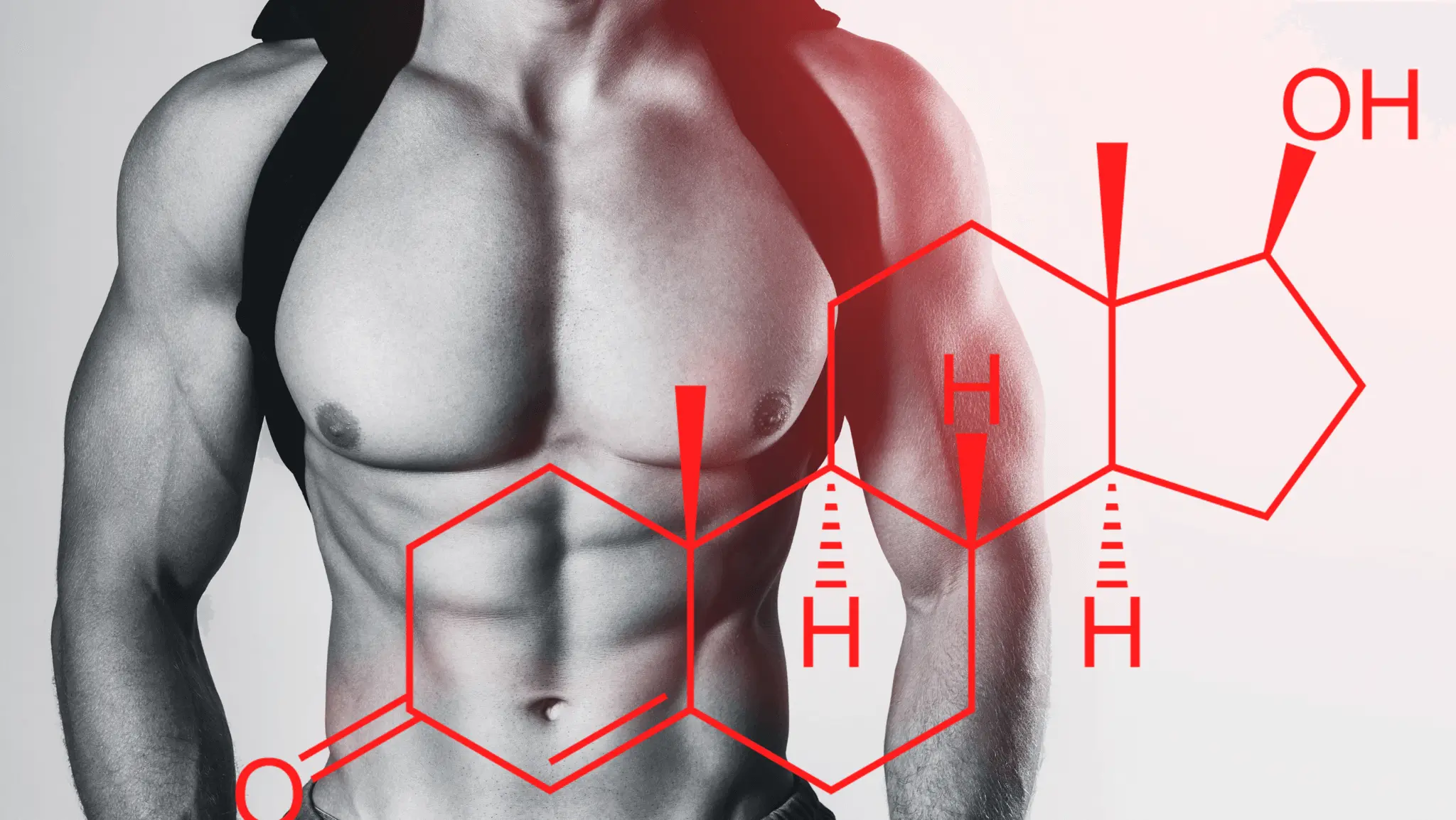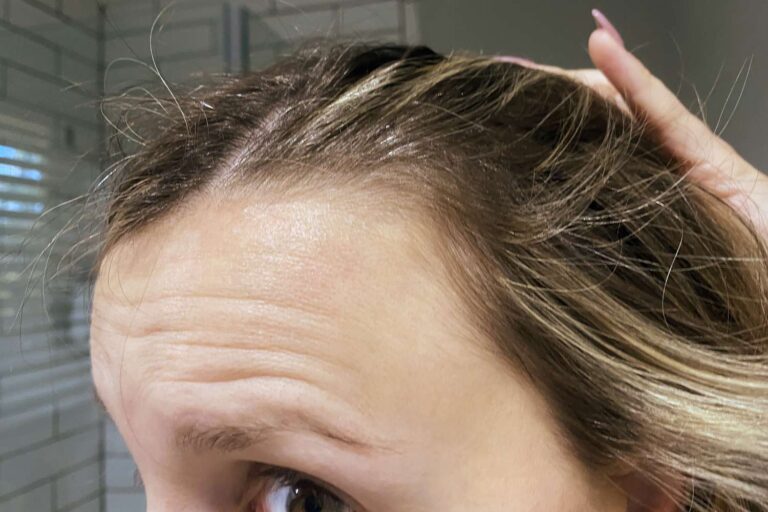
Hormone Replacement for Men: A Comprehensive Guide
Hormone replacement therapy (HRT) has gained significant attention over recent years, particularly for men experiencing hormonal imbalances associated with aging. As men reach middle age and beyond, they may encounter a variety of symptoms linked to declining testosterone levels, such as fatigue, reduced libido, weight gain, and mood fluctuations. This article will explore hormone replacement for men, its benefits, potential risks, and considerations for those contemplating this treatment.
Understanding Hormone Replacement Therapy for Men
Hormone replacement for men primarily focuses on addressing low testosterone levels, also known as testosterone deficiency or hypogonadism. Testosterone is crucial for various bodily functions, including muscle mass maintenance, bone density, and the regulation of mood and energy levels.
Signs of Low Testosterone
Before pursuing hormone replacement therapy, it’s important to recognize the signs and symptoms of low testosterone, which may include:
- Decreased libido: A noticeable drop in sexual desire.
- Erectile dysfunction: Difficulty achieving or maintaining an erection.
- Fatigue: Chronic tiredness that affects daily life.
- Weight gain: Increased body fat, particularly around the abdomen.
- Muscle loss: Difficulty building or maintaining muscle mass.
- Mood changes: Increased irritability, depression, or anxiety.
The Benefits of Hormone Replacement for Men
Men who opt for hormone replacement therapy often report several benefits, including:
- Improved Energy Levels: Many men experience a boost in energy and vitality, helping them engage more actively in their daily activities.
- Enhanced Mood: Treatment can help alleviate feelings of depression and anxiety, improving overall mental health.
- Increased Libido: HRT often leads to a resurgence in sexual desire and performance.
- Muscle Mass Preservation: Testosterone plays a significant role in muscle development, and replacement therapy can help maintain or increase muscle mass.
- Weight Management: Some men find it easier to lose weight when undergoing hormone replacement therapy, as testosterone can aid in fat metabolism.
- Bone Density Improvement: Higher testosterone levels contribute to increased bone density, reducing the risk of fractures and osteoporosis.
Types of Hormone Replacement Therapy
Hormone replacement for men can be administered in several forms, including:
- Injections: Testosterone can be injected into the muscle, typically every 1 to 3 weeks, depending on individual needs.
- Patches: Transdermal patches can be applied to the skin, delivering a steady dose of testosterone throughout the day.
- Gels: Testosterone gels are applied daily to the skin, allowing for gradual absorption into the bloodstream.
- Pellets: Small pellets can be implanted under the skin, providing a slow release of testosterone over several months.
Potential Risks and Considerations
While hormone replacement therapy can provide significant benefits, it is not without risks. Potential side effects include:
- Acne and oily skin: Some men may experience skin issues due to increased testosterone levels.
- Sleep apnea: HRT can worsen sleep apnea in some individuals.
- Prostate health: There is ongoing research regarding the impact of testosterone therapy on prostate health, including the risk of prostate cancer.
- Cardiovascular issues: Some studies have suggested a potential link between testosterone therapy and increased cardiovascular risks, although more research is needed in this area.
Who Should Consider Hormone Replacement?
Not every man with low testosterone requires hormone replacement therapy. It is essential to undergo a thorough evaluation by a healthcare professional, including blood tests to measure hormone levels and an assessment of symptoms.
Men who may benefit from HRT typically include those experiencing significant symptoms of testosterone deficiency that affect their quality of life. It’s crucial to have an open discussion with a healthcare provider about the potential benefits and risks, as well as lifestyle changes that may help improve symptoms, such as diet, exercise, and stress management.
Conclusion
Hormone replacement for men can be a valuable option for those suffering from low testosterone levels and related symptoms. With proper evaluation and monitoring, HRT can lead to improved energy, mood, and overall quality of life. However, it is vital to approach treatment with caution and under the guidance of a qualified healthcare professional to ensure safety and effectiveness. If you suspect you may have low testosterone, consider seeking advice to determine the best course of action tailored to your individual needs.


















